![]() More of the music of Joaquín Rodrigo (1901-1999)
More of the music of Joaquín Rodrigo (1901-1999)
More TAS Super Disc Recordings
This is a TAS list title that deserves its place on a list of Super Discs, as long as you are talking about one that sounds the way the best copies do.
The best sides are exceptionally transparent and full of energy, with the lush strings of the guitars sounding much more textured and real. The orchestra is rich and sweet, especially for a Mercury, yet the guitars are clear, present and appropriately placed relative to the surrounding ensemble.
![]()
But all the later label pressings we’ve bought over the years, mostly because we could afford to buy them, hoping for a miracle, have fallen well short of the mark. The notes below tell the story of their typical and obvious shortcomings.
Side One of the most recent late label pressing we played was crude, smeary and hot (bright).
Side Two was even worse, it was very hot (bright).
If you want to avoid records with these problems, click on any of the links below to see the titles we’ve found over the years with the same issues.
![]() Waking Up a Dull Stereo
Waking Up a Dull Stereo
If your system is dull, dull, deadly dull, the way older systems tend to be, this record has the hyped-up sound to bring it to life in no time.
There are scores of commentaries on the site about the huge improvements in audio available to the discerning (and well-healed) audiophile. It’s the reason Hot Stampers can and do sound dramatically better than their Heavy Vinyl or audiophile counterparts: because your stereo is good enough to show you the difference.
With an old school system you will continue to be fooled by bad records, just as I and all my audio buds were fooled thirty and forty years ago. Audio has improved immensely in that time. If you’re still playing Heavy Vinyl and audiophile pressings, as wall as vintage Golden Age classical records that don’t sound good, there’s a world of sound you’re missing. We discussed the issue in this commentary:
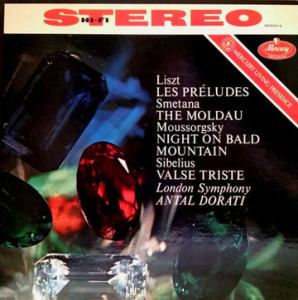
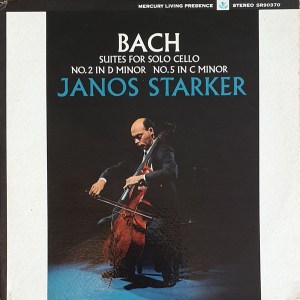
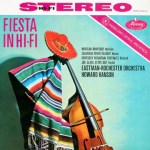
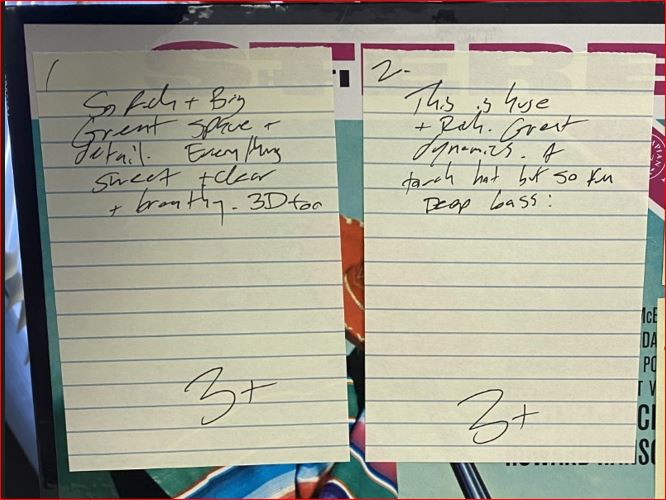

 And the FR pressing of the Rachmaninoff record you see pictured above may indeed have the best sound.
And the FR pressing of the Rachmaninoff record you see pictured above may indeed have the best sound.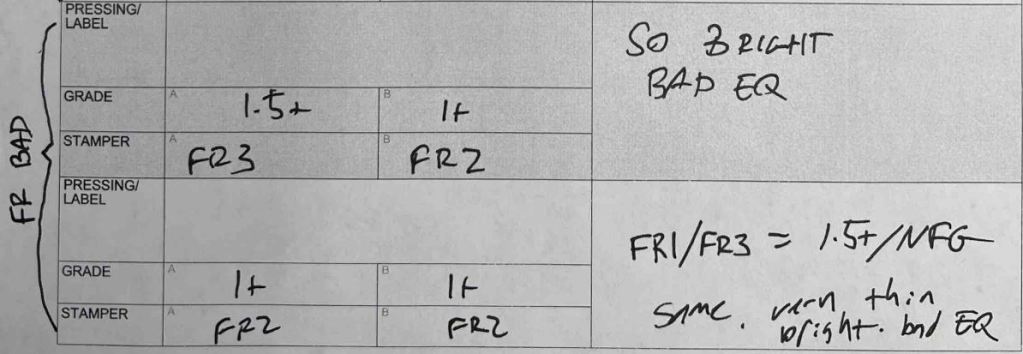

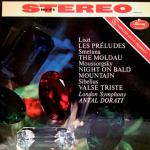 The difference between the way we do things and the way others do them boils down to this: We assumed that the original could be the best, and then we tested that assumption and found out we were wrong to assume such a thing.
The difference between the way we do things and the way others do them boils down to this: We assumed that the original could be the best, and then we tested that assumption and found out we were wrong to assume such a thing.
 More of the music of Johann Strauss (1804-1849)
More of the music of Johann Strauss (1804-1849)


